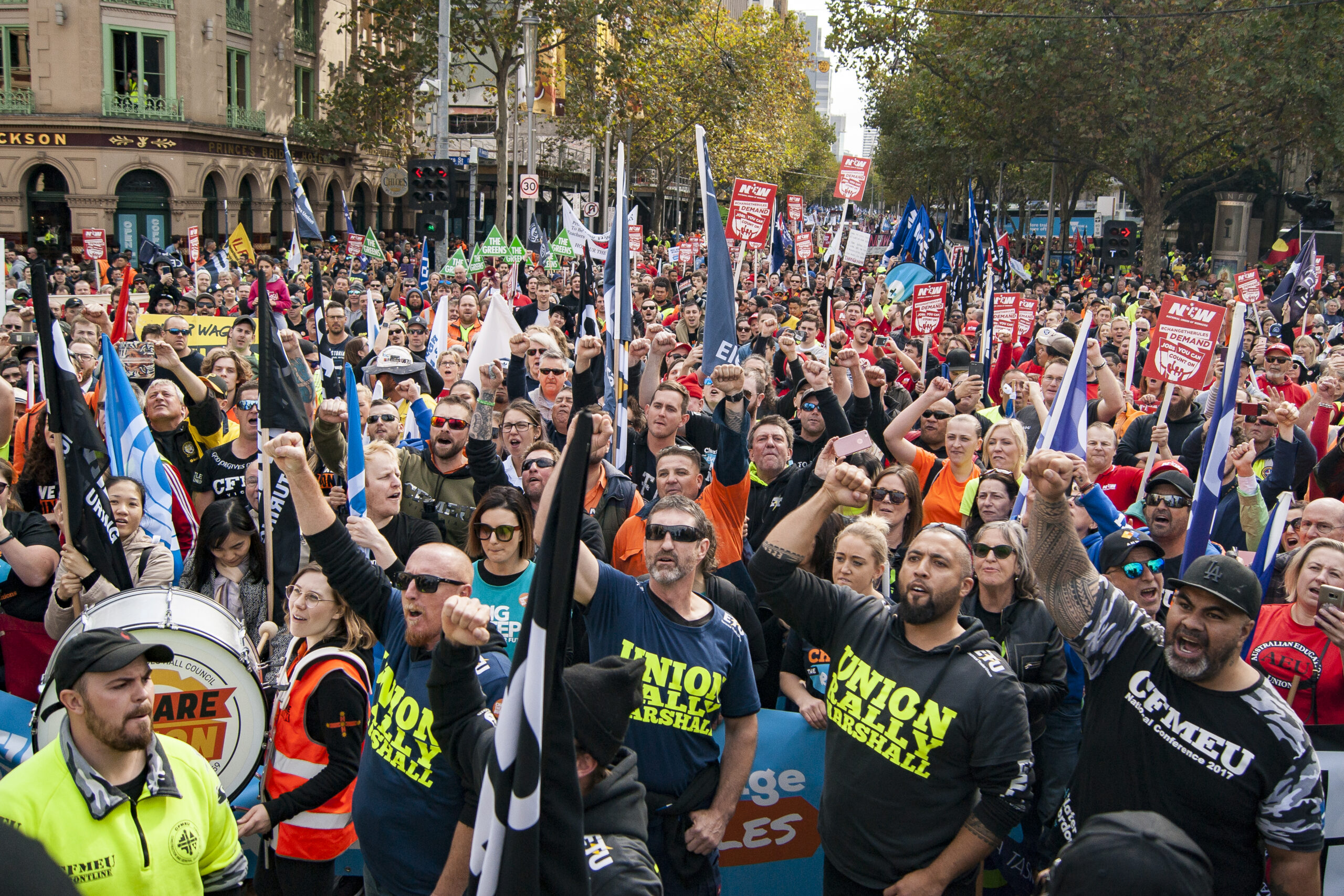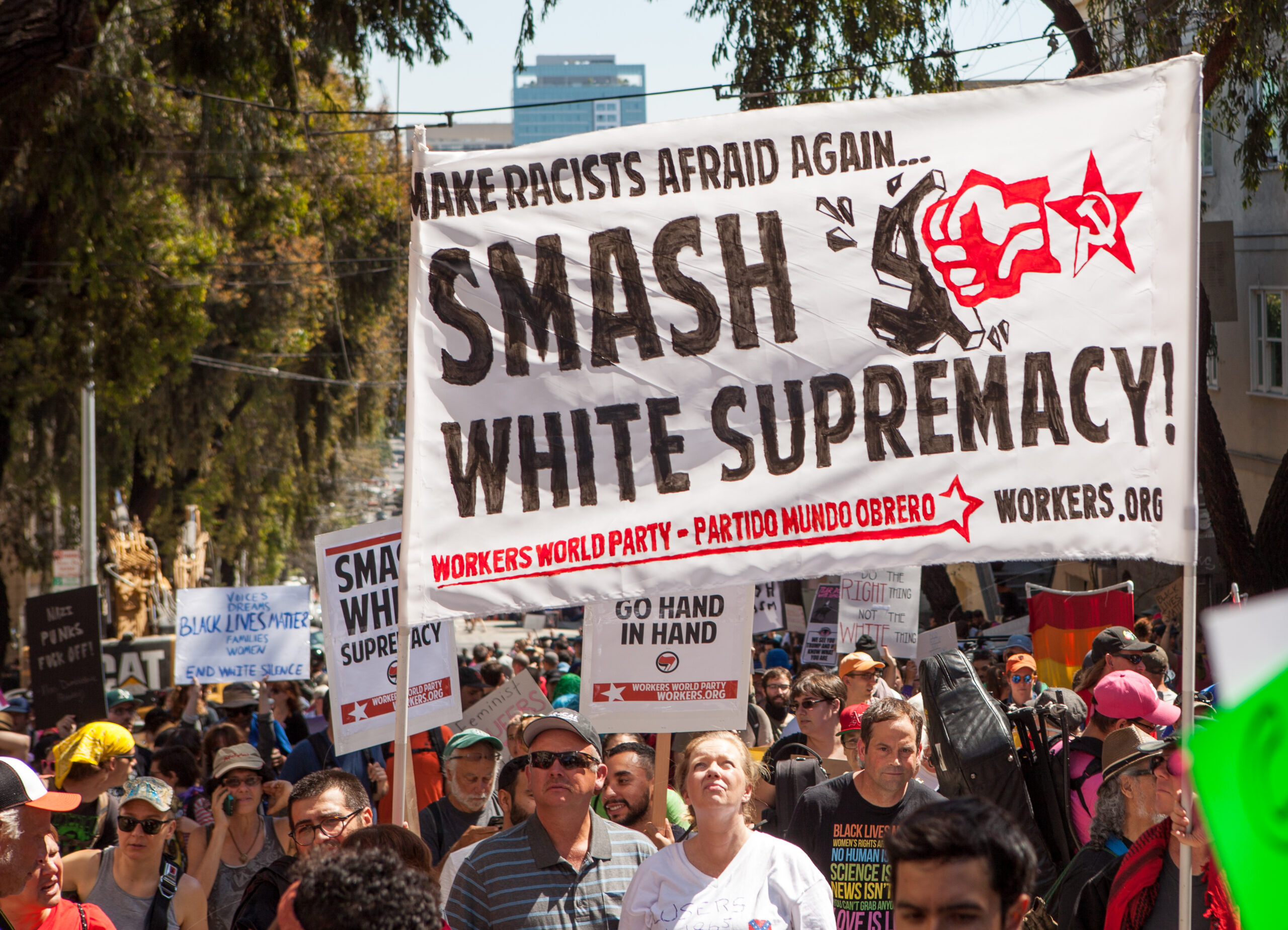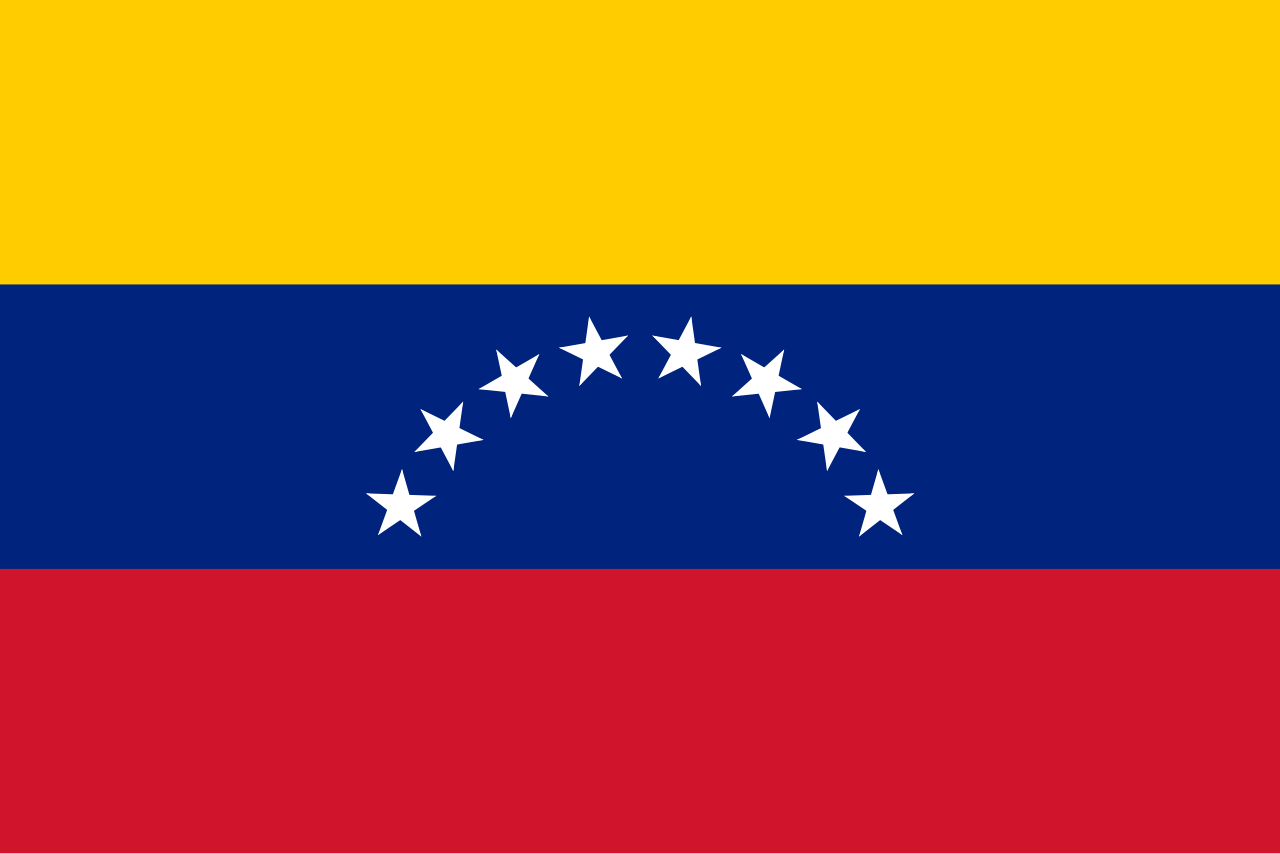José Carlos Mariátegui was born in Perú in 1894. While his father was of an old, elite family, José Carlos was raised in relative poverty by his mother and grandparents. Having had very little schooling, Mariátegui was apprenticed as a printer’s assistant at age 15. From these humble beginnings, he would go on to become a leader of the Socialist movement in Perú during a time when crucial political questions were playing out across the globe.
In the early 20th Century saw rebellion across Perú. The growing working class launched mass strike movements in 1912 and 1918 for the 8-hour working day. In 1919 there were mass protests against food shortages caused by WWI. There were rural uprisings of the indigenous people, such as the 1915 uprising against landlords that briefly declared an independent Indigenous state. In the same period, a student movement demanding reform of the medieval, elitist universities was launched from Argentina and spread across South America. These student movements converged with workers struggles, and later established popular universities where workers attended free lectures.
It is during this period that Mariátegui began to write. While apprenticed with El Tiempo, Mariátegui began publishing satirical columns under the pseudonym “Juan Coniquer.” founded two journals with other young intellectuals, first Nuestra época (1918) and then La Razón (1919). A 1919 article in La Razón criticizing Augusto Leguia, who had seized power in a military coup, saw Mariátegui and Razón co-founder Cesar Falcón threatened with arrest. Given a choice between prison or work abroad, the pair chose the latter.
“I lived more than two years in Italy,” Mariátegui would later write “where I married a woman and some ideas.” The woman was Ana Chiappe, with whom he had four children. The ideas were sparked by what he witnessed in Italy: the Biennio Rosso (two red years), which saw factory and land occupations across Italy, the split between the Italian Communist Party and the Socialist Party, and the rise of Mussolini’s Fascists. Inspired by the writings of figures like Antonio Gramsci, Mariátegui became a committed Marxist. Together with other exiles he formed the first Perúvian Communist cell. A committed revolutionary who believed in the agency of the working class, Mariátegui wrote that “Marxism has never obeyed a passive and rigid determinism in those moments when it has been revolutionary – that is, in those moments when it has been Marxism.”
In 1923, Mariátegui returned to Perú and threw himself into political work among newly flourishing radical currents. He co-founded the paper Claridad with Víctor Raúl Haya de la Torre – former leader of the student protests and the founder of nationalist, anti-imperialist American Popular Revolutionary Alliance (APRA). Mariátegui engaged in struggle, wrote prolifically and became one of the most popular lecturers at the People’s University. In 1928 he became the leader of the Perúvian Socialist Party.
Mariátegui’s writing was pioneering. In Seven Essays on Perúvian Reality Mariátegui brought Marxist analysis to bear on the history of Perú, from Spain’s conquest of the Inca, to the War of Independence and Perú’s subsequent subordination to the UK and then the USA. Perúvian Reality paints a picture of what Trotsky called “combined and uneven development”: On the sierra, gamonales (large landowners) exploited the largely indigenous rural population in near-feudal conditions, while industrial capitalism developed on the coast. Mariátegui believed that the gamonales exercised a conservative influence, blocking the progress of indigenous rights and keeping the local bourgeoisie backward and politically feeble.
Perúvian Reality was written partly in response to Haya de la Torre and APRA, who were looking to the local bourgeoisie to lead anti-imperialist struggles. This echoed the line of the Communist International, which held that in colonial and semi-colonial countries a bourgeois revolution was necessary before the working classes could rise up. In his Thesis on the Racial Question, Mariátegui countered that “anti-imperialism, even if it could mobilise the nationalist bourgeoisie and petty bourgeoisie on the side of the worker and peasant masses… does not annul class antagonisms nor suppress different class interests.” Instead, Mariátegui pinned his hopes on the revolutionary potential of the working class, rejecting the project of creating a “Latin American Kuomintang.” (The Chinese Communists had been directed by the Comintern to liquidate into the bourgeois-nationalist Kuomintang party with disastrous consequences.)
In 1929 the Comintern rejected this thesis, which Mariáteguihad hoped to take to the first Latin American Communist Conference. That same year, Mariátegui struggled to account for the exile of Trotsky. “Without vigilant criticism”, he observed in his article on Trotsky’s exile, “the Soviet government would probably run the risk of falling into a formalist, mechanical bureaucracy.” Like many of his contemporaries, Mariátegui did not realise the full implications of Trotsky’s exile, nor how far the bureaucratisation of the Party had already progressed.
During this period, Mariátegui was not in good health. Complications from a childhood injury led him to have a leg amputated in 1924. He believed that he could have recovered with “a restful existence,” but as “neither my poverty nor my spiritual restlessness permitted it” he had ongoing health issues. In March 1930 he was taken to Lima hospital, where he died in April, aged 36. While he was unwell, the then-head of the Comintern in South America, Eudocio Ravinés, assumed leadership of the Perúvian Socialist Party.
At Mariátegui’s funeral tens of thousands of Perúvians lined the streets. In the decades after his death Mariátegui was disparaged by Soviet historians for “populism” and “romanticism.” Attempts were made to bury his legacy. In the 1960s and 70s he was rediscovered, and has been claimed by a variety of political and intellectual currents. For our tradition, Mariátegui represents the power of Marxism when applied by an original and insightful thinker to their own context – a Marxism coming from the heart of local struggles and committed to the international revolution.









